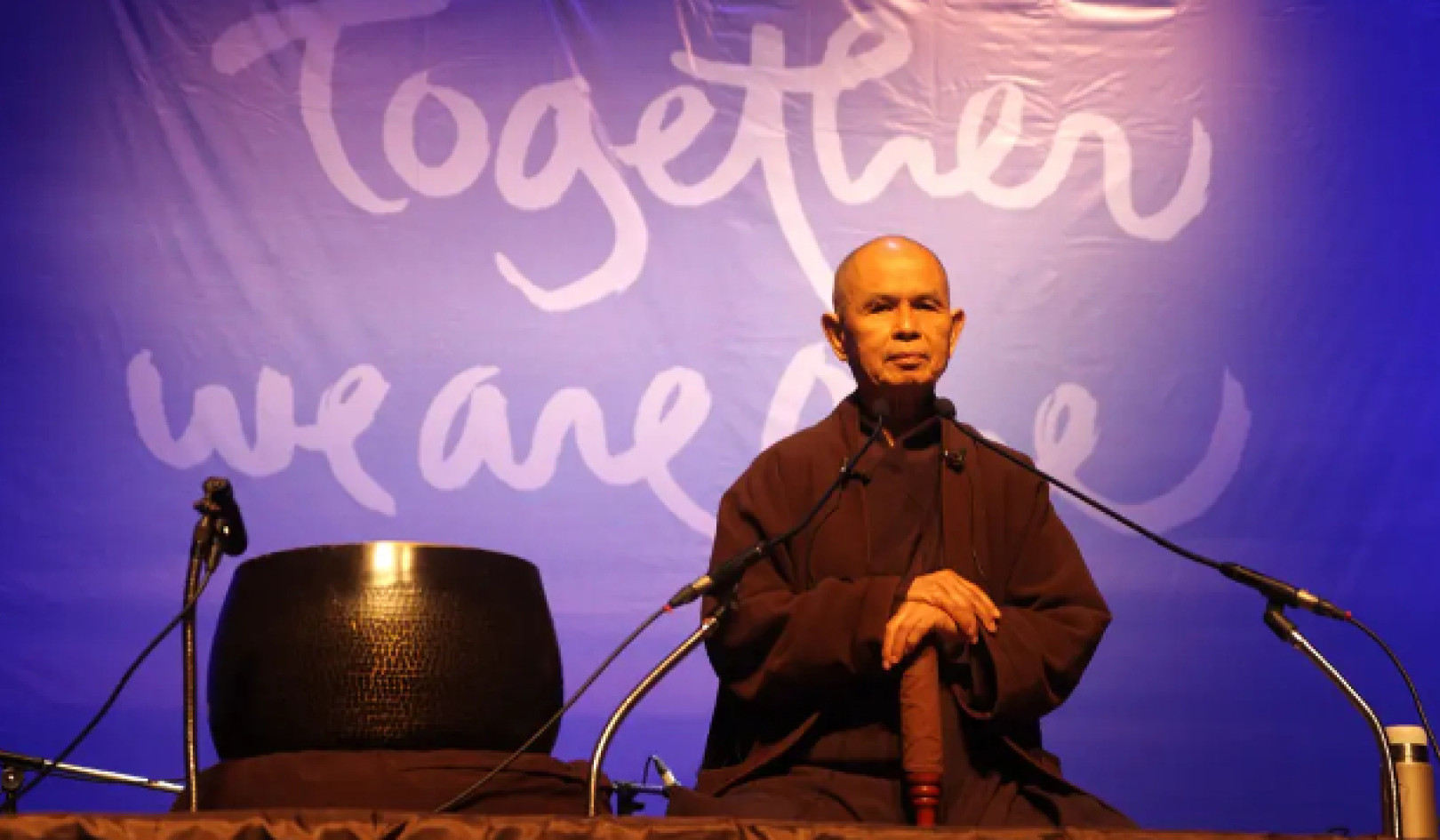
If death from disease is the the ultimate judgement of a society's quality of healthcare then US healthcare is an abject failure. The US is the home of 20% of the world's deaths from Covid-19 while only having 4% of the world's population. And as disturbing, the US has spent more and endured more economic loss than any other society. I have no economic statistic to back this up but like Bill Maher says "I just know it's true".
In more ways than the pandemic, the US has fallen behind the rest of the world when it comes to the health of its citizens. Yet, the US spends, on average, nearly twice above average for healthcare than its wealthy competitors in the OECD.
Those seeking to justify the cost of the US system will often claim that it is the best healthcare in the world. And when challenged with the fact that it isn't true they will fall back on "if one can afford it". Sadly even that that seems factually incorrect. It's just the most expensive. Why?
US Society Gets Little For The Extra Buck
The country that spends the most on healthcare, other than the US, of the OECD countries is Switzerland. They, like the US have a private system but it is heavily regulated and supervised much like the system used to be in the US when there were many non-profit solutions prior to the neoliberalism era.
In 2018, the US spent $3.6 Trillion, $11,172 per person, or 17.7% of GDP according to the CDC. If the US could spend just as much per capita as the second most expensive system in the world, which is Switzerland, the US would save 30% or $1 Trillion a year. All of that 30% extra is wasted by US healthcare as the overall health outcome of the US is inferior to Switzerland's.
The US spends twice as much for big pharma drugs as the rest of the world. And in an average year, a half million Americans file for bankruptcy over medical costs. And the rest of the world? Zero!
It would be one thing if the average American could afford to make contributions to his healthcare expense. But 80% of Americans can not afford a $1000 emergency expense without borrowing. The outfall of this, of course, is that people avoid routine healthcare costs and then seek care when they are really sick. That is inefficient and expensive.
On top of all this, trying to find out how much something costs beforehand is nearly impossible, even if one is the right frame of mind in a non-emergency situation. To add insult to injury, many healthcare providers have a negotiated tiered pricing structure where an actual individual human is charged more than an insurance company.
Is Healthcare A Right or A Privilege?
Whether healthcare is a right or a privilege is an opinion argument. I generally try to concentrate on the efficiency and economic arguments and leave the morality arguments to others.
Suffice it to say that most members of the OECD consider healthcare as a right and the US basically considers it an earned entitlement. Unfortunately, in the US, merely being a member of society is not considered an earned entitlement.
In the US, you earn that entitlement by working for an employer that offers insurance, or by having been a member of the military, or having reached the age of 65, or being poor enough in some states to receive aid. In nearly all cases, one has to have some "skin" in the game or otherwise make a monetary, and often considerable, contribution. A statistic often thrown around is that upwards of 100 million people in the US have no insurance, or inadequate insurance.
A Personal Healthcare Journey
I have generally had a healthy life. I watch my diet, stay up-to-date on personal health trends, and half the year live in an environmentally clean rural Nova Scotia environment. And I am proactive in my own health. I take advice but I make the decisions. While I had little healthcare in my younger years, I have been covered by the Veterans Administration healthcare system for the past 25 years in the US. Living in Canada for part of the year, I have also observed the Canadian healthcare system up close.
While I have access to Medicare, Medicare Advantage, and the VA, I chose the VA because co-pays at the VA are more reasonable than basic Medicare, total coverage is superior to Medicare Advantage and preventive care is superior at the VA.
If one listens and reads conservative or even some liberal sources, one would come away thinking the VA is a shambles and the veterans are dying in droves from neglect in the corridors. It's simply just not true. The VA system is one of the most beloved and highest rated systems by its users. The propaganda against the VA is mainly to prevent others without it from wanting it. The same can be said for the Canadian healthcare system which is really remarkable as it extends care to all in a country that has the second largest geographical area in the world and the lowest population density. And get this, at half the cost per person of the US.
Neither the VA or the Canadian system is without its faults as is every other healthcare system. And this nonsense that the US has the best is not wishful thinking but just plain propaganda by the haves against the have-nots.
What Healthcare Should A Society Strive For?
In the age of pandemics, obviously a society needs to cover everyone as the health of one can affect the health of the many. There are many examples of this throughout history, but one doesn't even have to look back at history as we are currently living this concept with the Covid-19 pandemic.
Quality healthcare is less constrained by money and more limited by capacity, incentive, and lack of regulation, And it is the balance of these limitations where we as a society must decide the extent of healthcare. There is a wide range where no one gets outside help with their health, to everyone gets everything they could possibility want and then some. Thus quality also means striving for balance of a society's needs and its capacity to deliver those needs. That balance is achieved by efficiency.
A one size fits all is perhaps the most efficient system but not the most desirable or sustainable. But most of all, an efficient healthcare system depends on quality preventive care and makes sense regulation. Pretty much self explanatory. A simple example would be early diagnoses of a cancer and regulating substances, behavior, and exposure to the causes of that cancer.
How to Achieve A Quality Healthcare System
OK, now to the ideas of why it is not at all difficult, economically speaking, to achieve quality healthcare for all.
First, the Federal Government could just buy up the stock of all the healthcare insurers for roughly less than $1 Trillion dollars. That way no investors lose any money. Throw in a couple extra billion and retool. A lot of money? Not really. The Pentagon spends nearly that every year. Republicans' latest tax cuts cost twice that. In this suggested solution, private insurers can cover the wealthy's extravagant extras like five-star hospital meals, private hospital suites, air ambulances from where their money is hidden overseas, yada yada. The rest of us can get on with our healthy lives.
A second idea and very much politically easier is for the Federal Government to allow States to have access to the federal money already being spent on existing healthcare programs. That way states could start their own programs that cover everyone with quality care. Vermont created their own system but couldn't implement it because they would not have access to the federal money because of an arcane rule from the Johnson Administration days that was included to keep the Southern states from discriminating against black people. California stands ready also to implement its own system.
This second approach is how Canada got its universal system. When Saskatchewan implemented its own system, the other provinces looked around and said how nice and did their own. Much the same would happen even in the Southern States which are now essentially blocking the rest of the US from having a fair and superior healthcare system. These states would find themselves in a precarious economic situation where many would be walking away to other states. Either that or they would find themselves in an economic situation similar to the pseudo feudal economy that existed prior to the Civil War in 1860 where a few wealthy planters seriously abused their citizenry and workers.
There are many other ideas that are workable. But, mainly, failure can be tied to the fact that those with the most to gain bribe enough of the policy makers to get their way.
Why The US Denied Quality Healthcare
The reason the US is denied quality healthcare for all surely isn't money as the savings from implementing such a system is substantial each and every year. The savings is quite enough over time to pay for superior public transportation, superior schools, a clean environment, adaptation to a changing climate, and a chicken in every pot. So what's the hold up?
One idea that has been thrown about as to why the US has not been able to expand healthcare to all, while all the rest of wealthy countries have done so, is because of Frederick Hoffman, a statistician of The Prudential Insurance Company.
The Race Traits and Tendencies of the American Negro (1896). This book, Hoffman's first, characterized African Americans as exceptionally disease-prone. The work was motivated by a concern about issues of race, and also the need of insurance companies to justify the higher life insurance premiums charged to African Americans. - Wikipedia
The idea was that, if healthcare was denied to African Americans they would eventually die out and the race problem caused by slavery would be solved. Hoffman's book and ideas were quite popular in his day but I suspect only just a few influential people held these views.
More likely, the US has the current healthcare system, as an employer-based system allows businesses a way of better controlling their employees. Let's face it, there is a history of employee and cheap labor abuse. Basically, keep them workers fat enough, dumb enough, and feeling they are better than those other people! Power stuff for control.
Conclusion
I didn't begin to cover all the other efficient reasons to achieve quality care -- such as no billing to the public like in Canada, and no bankruptcies. Ever stop to think that when people go bankrupt for medical reasons they also bankrupt other creditors that have no role in the cause of the bankruptcy. Gee golly gee, there are as many reasons as there are stars perhaps.
Obviously the means to achieve quality healthcare for all is there. All that is lacking is the people's will and demand.
About the Author
 Robert Jennings is co-publisher of InnerSelf.com with his wife Marie T Russell. He attended the University of Florida, Southern Technical Institute, and the University of Central Florida with studies in real estate, urban development, finance, architectural engineering, and elementary education. He was a member of the US Marine Corps and The US Army having commanded a field artillery battery in Germany. He worked in real estate finance, construction and development for 25 years before starting InnerSelf.com in 1996.
Robert Jennings is co-publisher of InnerSelf.com with his wife Marie T Russell. He attended the University of Florida, Southern Technical Institute, and the University of Central Florida with studies in real estate, urban development, finance, architectural engineering, and elementary education. He was a member of the US Marine Corps and The US Army having commanded a field artillery battery in Germany. He worked in real estate finance, construction and development for 25 years before starting InnerSelf.com in 1996.
InnerSelf is dedicated to sharing information that allows people to make educated and insightful choices in their personal life, for the good of the commons, and for the well-being of the planet. InnerSelf Magazine is in its 30+year of publication in either print (1984-1995) or online as InnerSelf.com. Please support our work.
Creative Commons 4.0
This article is licensed under a Creative Commons Attribution-Share Alike 4.0 License. Attribute the author Robert Jennings, InnerSelf.com. Link back to the article This article originally appeared on InnerSelf.com
Related Books:
The Body Keeps the Score: Brain Mind and Body in the Healing of Trauma
by Bessel van der Kolk
This book explores the connections between trauma and physical and mental health, offering insights and strategies for healing and recovery.
Click for more info or to order
Breath: The New Science of a Lost Art
by James Nestor
This book explores the science and practice of breathing, offering insights and techniques for improving physical and mental health.
Click for more info or to order
The Plant Paradox: The Hidden Dangers in "Healthy" Foods That Cause Disease and Weight Gain
by Steven R. Gundry
This book explores the links between diet, health, and disease, offering insights and strategies for improving overall health and wellness.
Click for more info or to order
The Immunity Code: The New Paradigm for Real Health and Radical Anti-Aging
by Joel Greene
This book offers a new perspective on health and immunity, drawing on principles of epigenetics and offering insights and strategies for optimizing health and aging.
Click for more info or to order
The Complete Guide to Fasting: Heal Your Body Through Intermittent, Alternate-Day, and Extended Fasting
by Dr. Jason Fung and Jimmy Moore
This book explores the science and practice of fasting offering insights and strategies for improving overall health and wellness.
Click for more info or to order
care





























